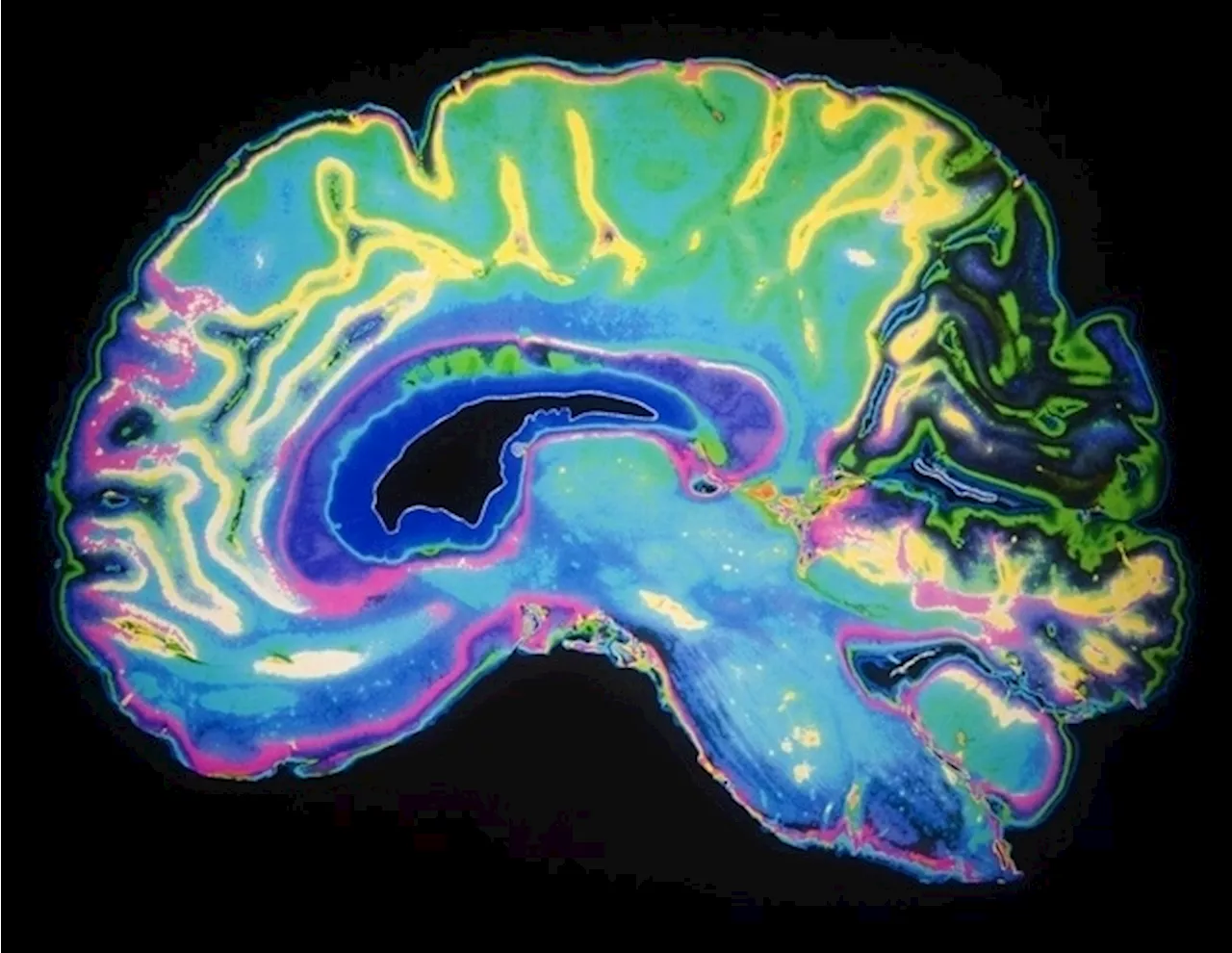Researchers developed a model to predict cognitive decline in Alzheimer's patients using clinical and biomarker data, improving personalized treatment plans.
By Dr. Chinta SidharthanReviewed by Susha Cheriyedath, M.Sc.Jul 16 2024 In a recent study published in the journal Neurology , a team of scientists in the Netherlands constructed a clinical model to predict cognitive decline in Alzheimer's disease patients using baseline predictors such as Mini-Mental State Examination score, apolipoprotein ε4 dose, levels of β-amyloid 1–42 in cerebrospinal fluid, and age.
New treatments for Alzheimer's disease are attempting to slow the progression of the disease from mild cognitive impairment stages to dementia by targeting amyloid plaques, but whether these treatments are effective remains uncertain. Furthermore, given the heterogeneity observed in the rates at which mild cognitive impairment progresses to dementia in different patients, understanding the impact of these treatment options on the cognitive decline trajectory is complicated.
Additionally, the researchers also performed a diagnostic workup involving the assessment of medical history, magnetic resonance imaging scans, lumbar puncture for obtaining cerebrospinal fluid, and physical, neurological, and neuropsychological assessments. Parameters such as body weight, height, diastolic and systolic blood pressures, education levels, depression, and smoking history were also examined.
Related StoriesThe MRI biomarker used in the study was volumetric MRI measurements of the whole brain and left and right hippocampus. The MMSE scores were the primary cognitive outcome assessed in the study, and the researchers used a linear mixed model to determine the change in MMSE scores over time. The Rey Auditory Verbal Learning Test, or RAVLT score, was used as an additional outcome measure.
The researchers found that adding more vascular or clinical risk factors as predictive markers complicated the model and did not improve the predictive performance. They believe that pTau PET measurements could potentially improve the model's predictive ability but were unable to test it due to inadequate data from the cohort for this parameter.
Apolipoprotein Dementia Neurodegeneration Neurology
United Kingdom Latest News, United Kingdom Headlines
Similar News:You can also read news stories similar to this one that we have collected from other news sources.
 Models show promise in predicting cognitive decline in early Alzheimer'sA new study, published in the July 10 online issue of Neurology, looks at predicting how quickly people with early Alzheimer's disease will experience cognitive decline. The study also looked at how the new drugs recently approved for the disease may reduce decline.
Models show promise in predicting cognitive decline in early Alzheimer'sA new study, published in the July 10 online issue of Neurology, looks at predicting how quickly people with early Alzheimer's disease will experience cognitive decline. The study also looked at how the new drugs recently approved for the disease may reduce decline.
Read more »
 Artificial intelligence outperforms clinical tests at predicting progress of Alzheimer's diseaseCambridge scientists have developed an artificially-intelligent tool capable of predicting in four cases out of five whether people with early signs of dementia will remain stable or develop Alzheimer's disease.
Artificial intelligence outperforms clinical tests at predicting progress of Alzheimer's diseaseCambridge scientists have developed an artificially-intelligent tool capable of predicting in four cases out of five whether people with early signs of dementia will remain stable or develop Alzheimer's disease.
Read more »
 AI breakthrough: Speech analysis predicts Alzheimer's progression with 78.5% accuracyA method for predicting Alzheimer’s disease (AD) progression.
AI breakthrough: Speech analysis predicts Alzheimer's progression with 78.5% accuracyA method for predicting Alzheimer’s disease (AD) progression.
Read more »
 Researchers unravel complexities of Alzheimer's disease in protein fragments and plaque diversityAlzheimer's disease (AD) remains one of the most challenging and prevalent neurodegenerative disorders, affecting millions worldwide. In two recent studies, researchers led by Prof. Lucía Chávez Gutiérrez (VIB-KU Leuven), Prof. William Mobley (UCSD, U.S.), and Prof.
Researchers unravel complexities of Alzheimer's disease in protein fragments and plaque diversityAlzheimer's disease (AD) remains one of the most challenging and prevalent neurodegenerative disorders, affecting millions worldwide. In two recent studies, researchers led by Prof. Lucía Chávez Gutiérrez (VIB-KU Leuven), Prof. William Mobley (UCSD, U.S.), and Prof.
Read more »
 Researchers identify vascular changes in the brain linked to Alzheimer's diseaseThe blood-brain barrier—a network of blood vessels and tissues that nurtures and protects the brain from harmful substances circulating in the blood—is disrupted in Alzheimer's disease.
Researchers identify vascular changes in the brain linked to Alzheimer's diseaseThe blood-brain barrier—a network of blood vessels and tissues that nurtures and protects the brain from harmful substances circulating in the blood—is disrupted in Alzheimer's disease.
Read more »
 Researchers uncover molecular signatures of blood-brain barrier dysfunction in Alzheimer's diseaseThe blood-brain barrier -; a network of blood vessels and tissues that nurtures and protects the brain from harmful substances circulating in the blood -; is disrupted in Alzheimer's disease.
Researchers uncover molecular signatures of blood-brain barrier dysfunction in Alzheimer's diseaseThe blood-brain barrier -; a network of blood vessels and tissues that nurtures and protects the brain from harmful substances circulating in the blood -; is disrupted in Alzheimer's disease.
Read more »
